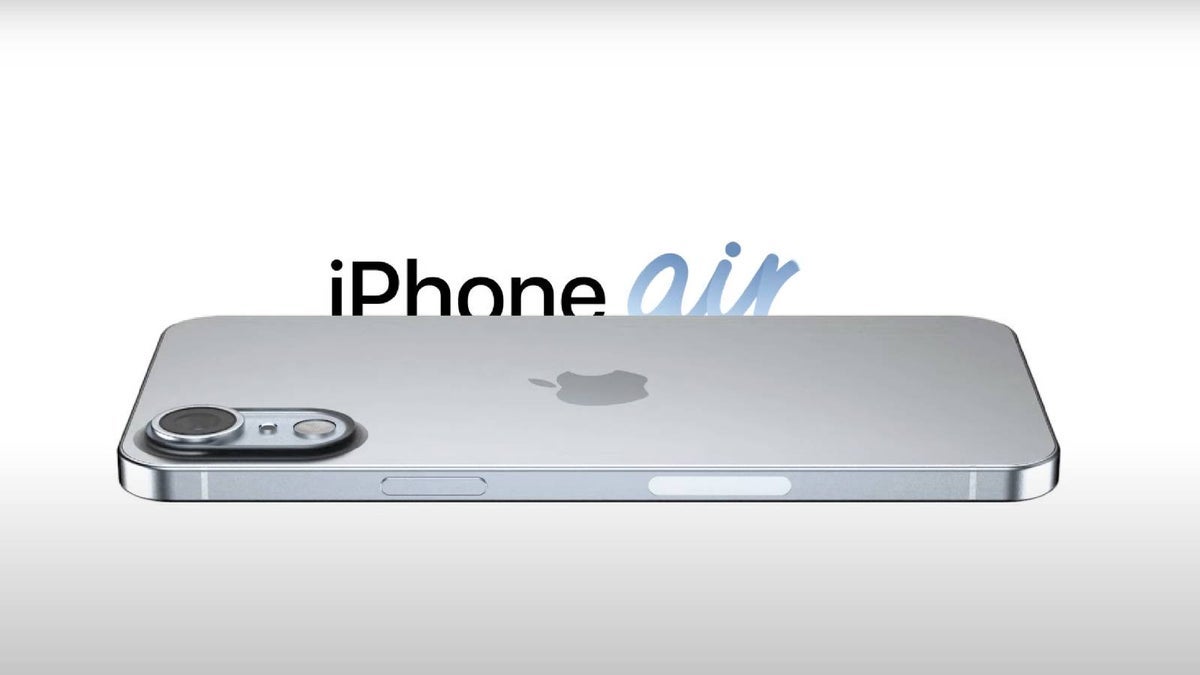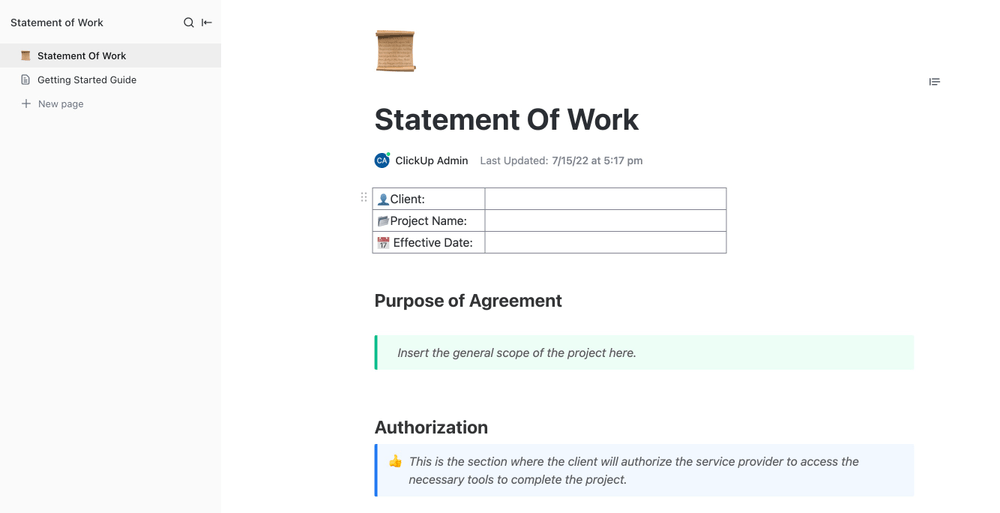Controlling the temperature inside your smartphone is an important task. A handset that is running too hot can force the processor to throttle leading to slow downs, and laggy performance, and it could force the device to freeze. The heat can also degrade the battery reducing the life of the component. The issue with heat starts with the chips and according to a fresh report, Apple will copy some of its rivals in the smartphone industry by including vapor chamber cooling on the iPhone 17 series, both Pro and non-Pro models.
Currently, the iPhone uses a heat sink made of metals with high thermal conductivity to transfer heat away from the processor. A vapor chamber uses liquid sealed in a container that when heated, turns into vapor moving through the container which spreads the heat around. When the vapor condenses, it returns to its cooler, liquid form.
Using the vapor chamber is better than the heat sink since it can move heat further away from the processor to areas inside the phone where heat isn’t an issue. Vapor chambers also take up little space and don’t need fans or other cooling tools. The cooling system helps cool down the heat generated by the process of charging the battery powering an iPhone.
As I can personally attest to with my iPhone 15 Pro Max, recent iPhone releases have been prone to getting hot, especially when the A17 Pro application processor is working on a complex task. The vapor chamber helps keep temperatures low around the processor which is important when some Apple Intelligence features are being used. Apple may have decided to include a vapor chamber with all upcoming models since Apple Intelligence is a part of all new iPhones, both Pro and non-Pro models.
Last August, TF International’s highly reliable Apple analyst Ming-Chi Kuo said that Apple would debut a vapor chamber on the iPhone 17 Pro Max which makes sense considering the size of the phone. Whatever Apple has up its sleeve to dissipate internal heat is surely being tested as Apple increases the clock speed of the CPU cores used with its A-series application processors. The A18 Pro chipset powering the iPhone 16 Pro and Pro Max will run as fast as 4.04GHz.
Apple will introduce its iPhone 17 series, which will include the new super-thin iPhone 17 Air, in less than eight months!










